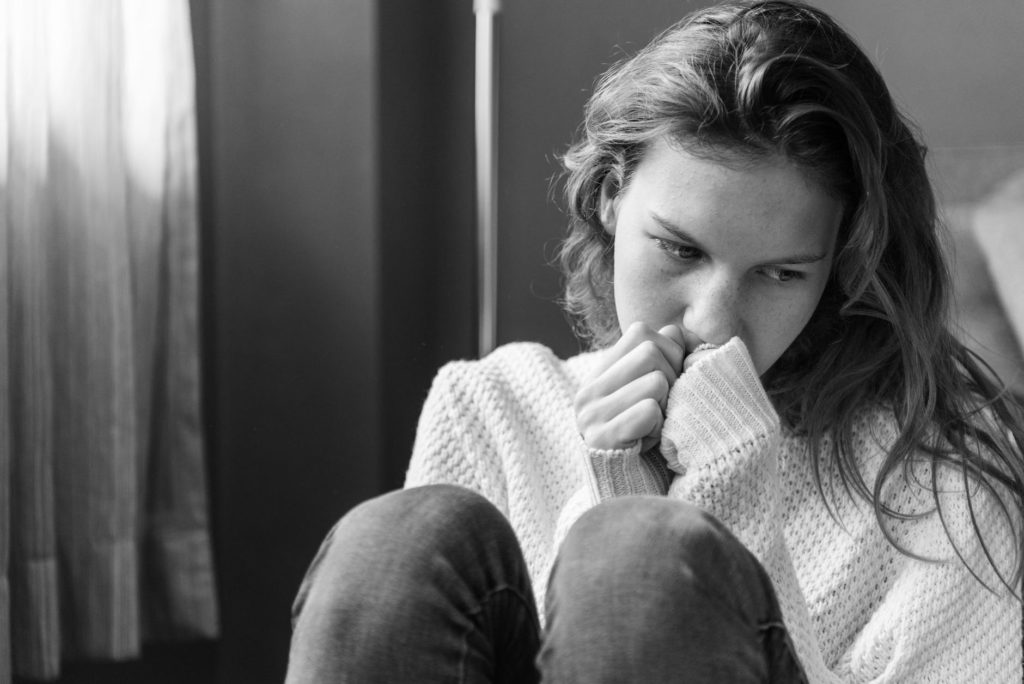
In June 2018, Barnes & Noble reported that book sales related to anxiety had gone up 26% when compared to the previous year. Whether nationwide anxiety is actually increasing or whether we’re just more aware of it, it’s definitely a prevalent issue. Who hasn’t felt anxious from time to time? But for some, anxiety is an always-present condition, and, as it turns out, anxiety and sleep are closely related. Recently, a group of scientists shared their findings on the relationship between the two, which may prove helpful for those curious about how to improve both anxiety and sleep deprivation.
Looking for a Connection
At the annual meeting for the Society of Neuroscience this past December, sleep researchers Eti Ben Simon and Matthew Walker of the University of California, Berkeley shared the results of their recent anxiety study, which observed the anxiety levels of 18 healthy people. Following either a night of sleep or a night of staying awake, participants took anxiety tests the next morning. Results found that the anxiety levels of sleep-deprived individuals were 30% higher than those who had slept the night before, and that, on average, the anxiety levels exhibited were similar to levels seen in people with anxiety disorders.
While those who suffer from anxiety disorders often have trouble sleeping, these results show that the relationship is reciprocal. A night of poor sleep can cause anxiety, and the anxiety, in turn, can make it harder to sleep.
The brain activity in those that were sleep-deprived also changed. As shown by functional MRI scans, the brain areas involved in emotion showed more activity, and the prefrontal cortex (an area that can put the brakes on anxiety) was less active. By restoring quality sleep, those suffering from anxiety may experience a reduction in excessive worry. This is easier said than done for those with anxiety disorders, but sleep therapy can help.
Anxiety & Sleep Apnea
Studies on anxiety and sleep apnea have also indicated that the two conditions are linked. A 2014 study on the correlation of anxiety and depression and obstructive sleep apnea (OSA) examined 178 adults diagnosed with OSA who had a range of sleep apnea severity, from mild to severe. The participants were assessed according to the Beck Anxiety Inventory and the Beck Depression Inventory.
Relating to the frequency of anxiety and depression symptoms, the study showed that 53.9% of the participants had some degree of anxiety, while 46.1% demonstrated depressive symptoms. Additionally, the study’s results showed that the anxiety of the patients with OSA was higher than in the general population regardless of gender. It’s clear that anxiety and sleep deprivation are closely linked, and that for those with OSA, anxiety, as well as depressive symptoms, are likely. Sleep apnea treatment can improve quality sleep and reduce sleep deprivation, possibly leading to a decrease in anxiety levels.
Patients who experience anxiety combined with loud, persistent snoring or waking up with a gasping or choking sound should consider seeking out professional help. If a physician diagnoses you with obstructive sleep apnea, Dr. Jeff Rodgers can provide sleep apnea treatment with comfortable, effective oral appliances. If you’re interested, you can schedule a free consultation at our website or contact us through phone or email.
